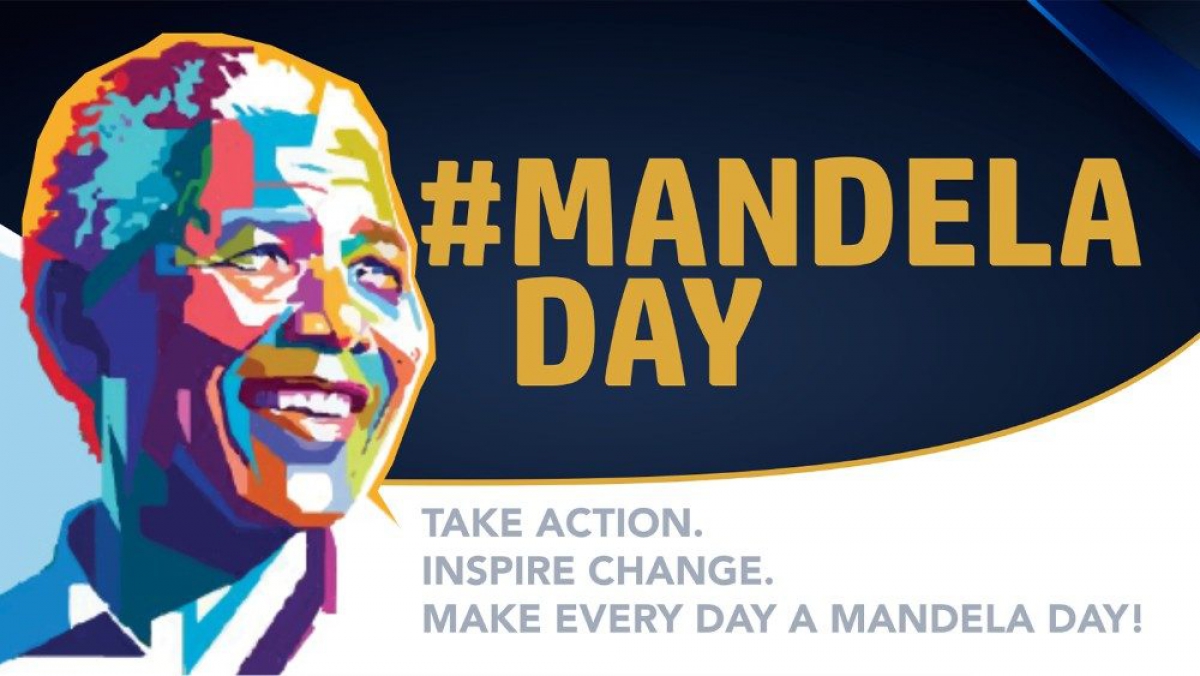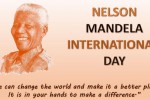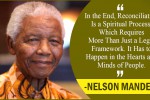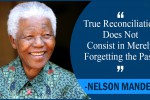Eduard Abashia, a lecturer at the Department of Psychology of the Dnipro Institute of PJSC "IAPM", a legal expert, psychologist at the Amur-Nizhnodniprovskyi District Department of the State Institution "Probation Center" branch in Dnipropetrovsk region, and a member of the International Association of Psychologists and Consultants on Sexual Education, provides the following information.
Nelson Mandela Day, also known as Mandela Day, is an international holiday honoring revolutionary Nelson Mandela, celebrated annually on his birthday, July 18. The day was officially established by the United Nations in November 2009, with the first celebration of Mandela Day taking place on July 18, 2010.
The International Nelson Mandela Day annually sheds light on the legacy of a man whose monumental achievements changed the 20th century and defined the 21st. His values and determination - a deep commitment to human rights, freedom, and justice - are subjects of reflection and sources of inspiration for others. Mandela advocated for the lawful dignity and equality of every living person and encouraged interaction and solidarity across all borders. His relentless pursuit of equality paralleled his status as a "founding father" of peace in South Africa.
We remind you that Mandela died on December 5, 2013. He spent most of his life in prison for participating in a campaign to protect the rights of the black population in South Africa.
Nelson Mandela remains a symbol of strength that resists oppression. In times of instability and unrest, Mandela's legacy teaches everyone to choose dignity over humiliation, to speak out against injustice, and to forgive rather than hate. Nelson Mandela once said: "To be free is not merely to cast off one's chains, but to live in a way that respects and enhances the freedom of others." In 2014, the UN General Assembly established the Nelson Mandela Prize - an award recognizing achievements in serving humanity, the psychologist noted.
 Eng
Eng  Укр
Укр 




